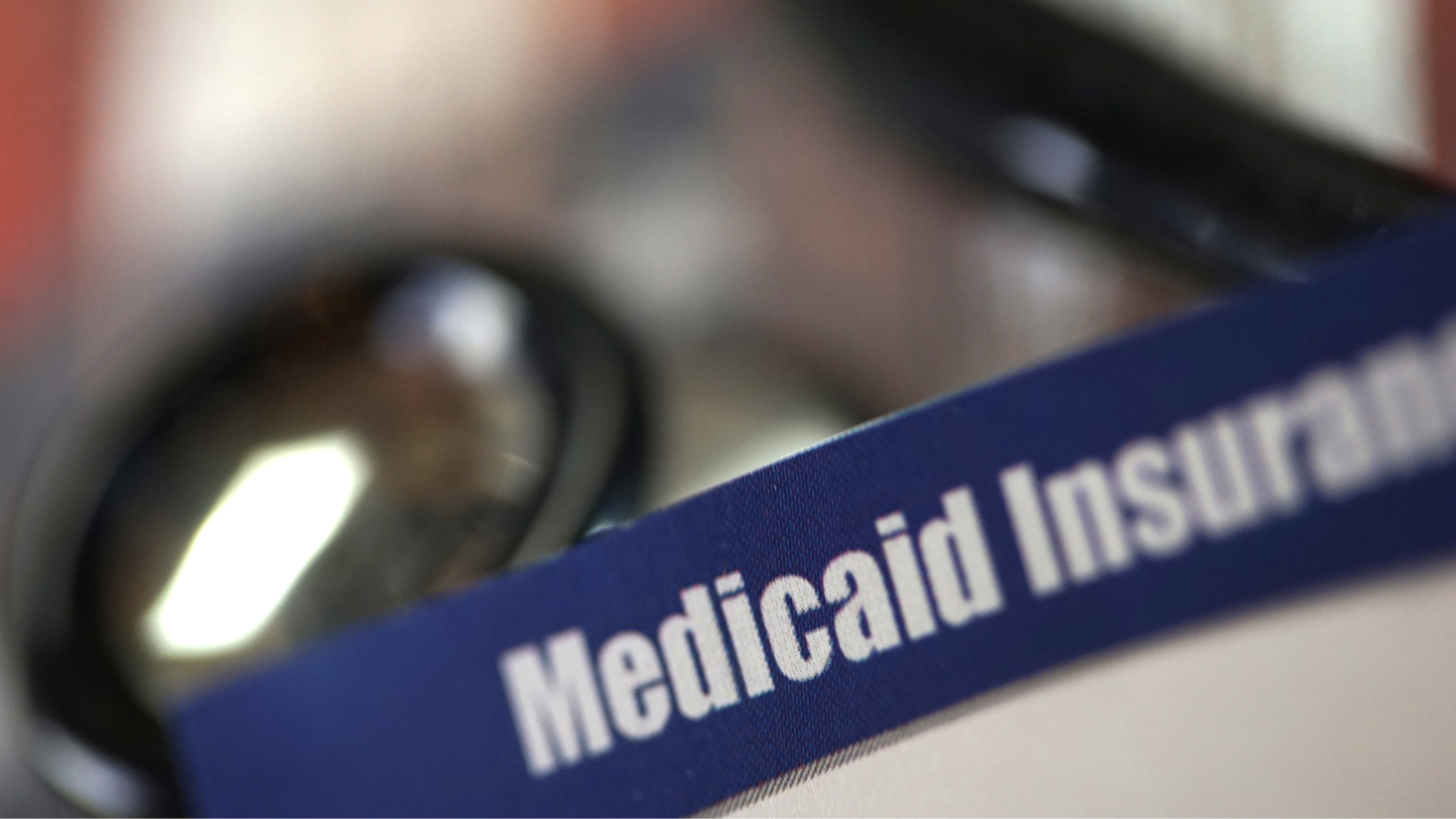Ohio Substitute House Bill 327 is currently pending before the House State and Local Government Committee. The bill, as drafted, would impose sweeping new prohibitions on local non-profit organizations implementing inclusion and diversity programs in the State of Ohio if they receive any funds from the State of Ohio or an Ohio political subdivision.
The bill, as drafted, would impose sweeping new prohibitions on local non-profit organizations implementing inclusion and diversity programs in the State of Ohio if they receive any funds from the State of Ohio or an Ohio political subdivision.
Defining divisive
The legislation as it stands now includes a confusing laundry list of “divisive concepts” that non-profit organizations (and for-profit corporations) would be forbidden from discussing if those organizations or their employees are funded by state agencies and or a local political subdivision. These so-called “divisive concepts” include:
- That people can't succeed or achieve equality because of their race, ethnicity, color, sex, religion or national origin.
- That people of any race, ethnicity, color, sex, religion or national origin are inherently superior or inferior.
- That people should be adversely or advantageously treated because of their race, ethnicity, color, sex, religion or national origin.
- That people of certain groups can be inherently racist, sexist, or oppressive, whether consciously or unconsciously.
- And no one "shall be required to complete a curriculum including divisive concepts as a condition or prerequisite of employment."These “concepts” are so ambiguous that some organizations may decide it is unclear what if anything is permitted to be discussed in a public setting; that’s because the penalty for a non-profit is losing your local and state funding.
The Ohio Poverty Law Center has pointed out that “in order to understand and combat disparate outcomes based on race, the ability to discuss implicit bias, oppression, and myths of meritocracy are critical; yet HB 327 would make it illegal to do any of these things. Anti-discrimination trainings and diversity, equity, and inclusion (DEI) programs for staff, while still legal under HB 327, would have to comply with HB 327’s ban on including “prohibited concepts”.
Compliance, complicity, and contradiction
Ensuring compliance with the new law is a major focus of the legislation. Every political subdivision and state agency in the State of Ohio would be required to hire a new employee or designate an existing employee to oversee and police any inclusion and diversity programs an Ohio non-profit operates if they receive direct or indirect local or state funding. State agencies would be required to notify all of their employees of the provisions of the new law, and the state could decide to extend that same requirement to political subdivisions, and possibly to private organizations that contract with the state and or a local government.
There is concern that Ohio Substitute House Bill 327 could conflict with federal court decisions, laws, union contracts, and regulations.
There is concern that Ohio Substitute House Bill 327 could conflict with federal court decisions, laws, union contracts, and regulations and consequently could jeopardize federal funding for the State of Ohio and political subdivisions and the non-profit and for-profit organizations they contract with.
The legislation also appears to contradict the Blueprint developed by Governor Mike DeWine’s Minority Health Strike Force in 2020 to respond to the disparate effects of the COVID-19 pandemic but also recognized the lasting effects of racism and what that means to all Ohioans. Both the Blueprint, and Governor DeWine’s Executive Response: A Plan of Action to Advance Equity, acknowledge that systemic racism and implicit bias contribute to negative health outcomes, but this type of acknowledgement (and responding to it) would be forbidden under House Bill 327.
What about Racism as a Public Health Crisis?
Twenty-seven different Ohio counties, boards of health, and cities have declared racism to be a public health crisis. These same entities would see their options for responding to racism as a public health crisis limited under this legislation; for example, outlawing implicit bias training. These same limitations could get passed onto non-profit corporations if the funds to provide the training, or to pay the employees undergoing the training include funding from local or state government.







.png)
